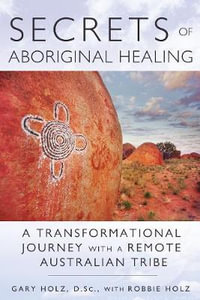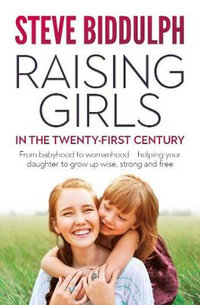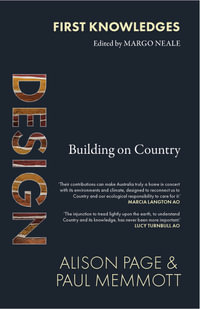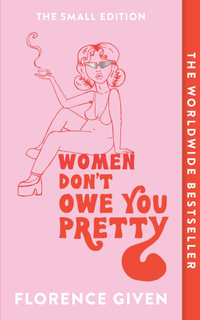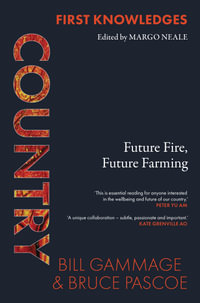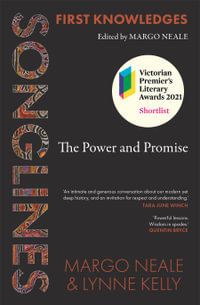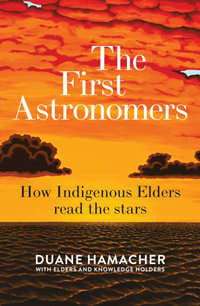'This impressive collection of stimulating theorization and descriptions of a multitude of other-than-capitalist economic practices could not have been published at a more pertinent time. The Handbook is truly international in terms of authors' affiliations and case studies' geographies, covering the 'minority world' (developed countries) and the 'majority world' (those less developed). The Handbook offers key conceptual tools for housing scholars to unlock the diverse economies of housing. It also makes an inspiring read for students and scholars of any discipline who want to imagine alternative, more ethical futures which are already seeded in the practices of today.' -- Adriana Mihaela Soaita, Housing, Theory and Society
'The editors and their many contributors have to be congratulated for an impressive volume that succeeds in presenting an empirically grounded and theoretically robust Marxism which is fit for the challenges of the Anthropocene. Whether one agrees with their approach and visions or not, this is a highly recommended read and a valuable resource for teaching on economic practices in our more-than-capitalist world.' -- Jens Kaae Fisker, Eurasian Geography and Economics
'The Handbook of Diverse Economies
offers a rich, beautiful, organic garden of ideas to nourish the project of "doing economy" differently. These sprouts and vines will, eventually, alter the institutional structures we inhabit.' -- Nancy Folbre, University of Massachusetts, Amherst, US
'Let us forget, just for a moment, "capitalism" and instead investigate the diversity of new forms of economic activities that are flourishing everywhere: this is the essential, energizing, message of J. K. Gibson-Graham, Kelly Dombroski and her colleagues. This innovative book must be absolutely put into all hands. It takes us on a long and rewarding journey around the world to explore ongoing experiences that all attempt to invent new ways of living together.' -- Michel Callon, Centre de Socologie de l'Innnovation, Mines ParisTech, France
'So much of the world's economy is informal, cooperative, community-based and unwaged: a diverse kaleidoscope of activities, all with their own ecologies, for worse . . . and often for better. How do they work? What work do they do? Finally a global, inclusive, and exhaustive guide to the planet s actually-existing economies.' --Paul Robbins, University of Wisconsin-Madison, US
'In the face of a zombie capitalism that will not die, The Handbook of Diverse Economies
offers the most potent response possible: the fierce creativity of life itself. The 58 essays of this book introduce us to a pluriverse of practical, non-capitalist lifeforms that are humane, socially grounded, and constantly evolving. Be prepared to enter a portal of new perspectives that loosens the grip of the capitalist imaginary and opens up a fertile transdisciplinary space for envisioning and making a new world.' --David Bollier, coauthor of
Free, Fair and Alive: The Insurgent Power of the Commons'The Handbook of Diverse Economies
marks a major milestone for the influential program of research, action, and experimentation initiated by Gibson-Graham's The End of Capitalism (As We Knew It)
some 25 years ago. It presents an array of provocative strategies for ''doing economy'' differently, and for imagining and enacting different economic worlds.' --Jamie Peck, University of British Columbia, Canada



